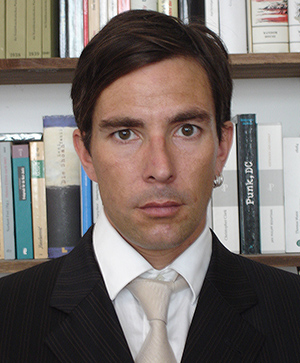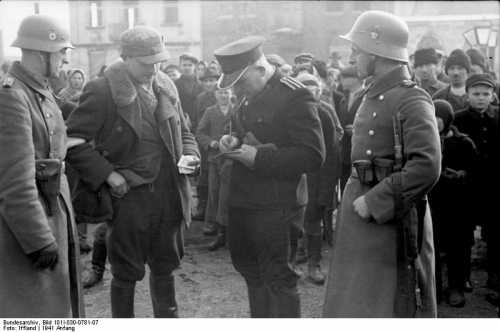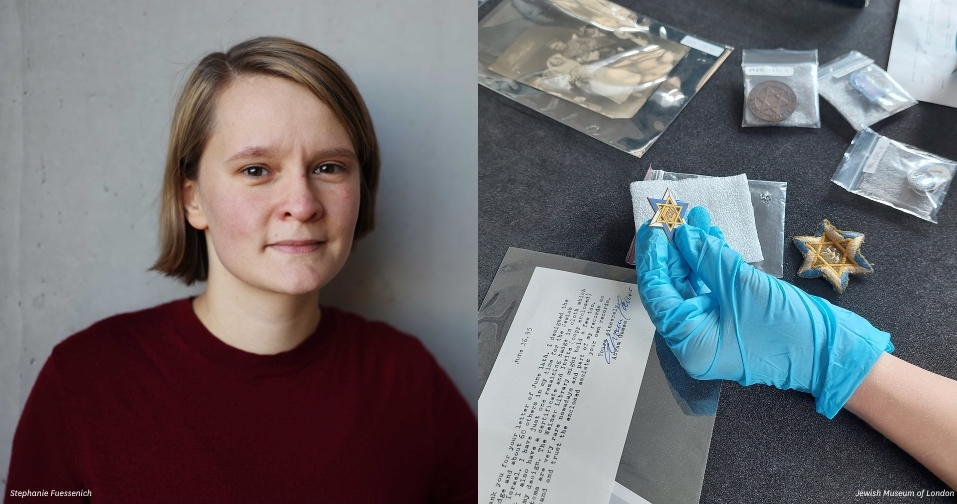Collaborators: Exploring Participation in the Holocaust by Non-Germans in Eastern Europe

A public lecture by Alexander Korb (University of Leicester)
2016-2017 Center Research Fellow

Collaborators in the Holocaust have mostly been depicted either as German puppets or as ruthless fanatics that had gotten out of control. However, the notion of puppets hides more than it reveals, as non-German perpetrators knew exactly what they wanted to achieve. Moreover, they did not persecute Jews because they wanted to collaborate, let alone to please the Germans. They knew their interests and did not shy away from conflicts with the Germans in pursuit of their goals.
In his lecture, Professor Korb will explore the phenomenon of collaboration, drawing from a number of country case studies in Eastern and Southeastern Europe. He will make the case that we need to include Jewish perspectives in order to understand collaboration, because Jews knew their collaborating neighbors much better than the Germans did.
Alexander Korb, 2016-2017 Center Research Fellow at USC Shoah Foundation Center for Advanced Genocide Research, is Associate Professor in Modern European History at the University of Leicester. He is director of Stanley Burton Centre for Holocaust and Genocide Studies, the oldest Holocaust research center at a British university. Professor Korb has published numerous contributions in German, Southeastern European and Holocaust history. His book on the Ustasha-genocide in WWII-Croatia won five international prizes and is forthcoming in English with Oxford University Press. For his next book, his knowledge of several Eastern European languages allows Korb to tackle the problem of collaboration in a comparative perspective.
To read more about the Alexander Korb, click here.
Refreshments will be served. Please RSVP to cagr@usc.edu.




